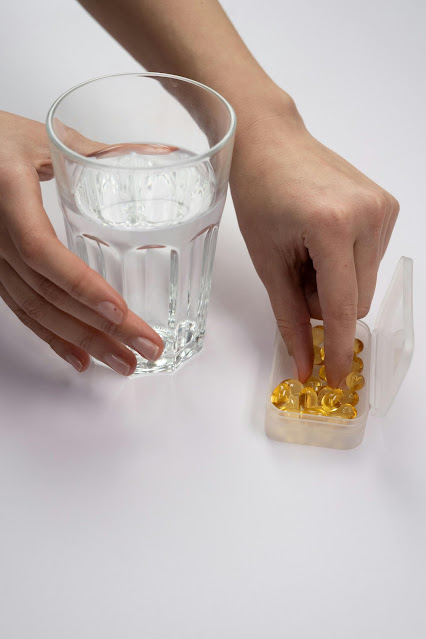INPEFA: MULTI-EFFECT DRUG

INPEFA: MULTI-EFFECT DRUG A groundbreaking diabetes drug is doing more than anyone expected. New research shows it's protecting patients from heart attacks and strokes, marking a significant leap forward in treatment options for those with type 2 diabetes and kidney problems. Sotagliflozin is a drug that works differently from its predecessors. It is a double-action shield: It blocks two proteins (SGLT1 and SGLT2) that manage blood sugar levels, while other similar drugs only target one. This unique approach is turning heads in the medical community. The results of a massive international study by Dr. Deepak Bhatt at Mount Sinai were striking. Over 10,000 patients participated, and those taking sotagliflozin saw their risk of heart attacks, strokes, and related deaths drop by 23 percent. That's nearly a quarter fewer life-threatening events – a difference that could mean thousands of lives saved. "We're seeing something entirely new here," says Dr. Bhatt, wh...





